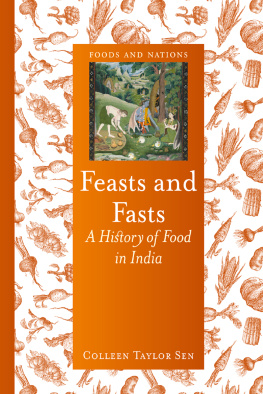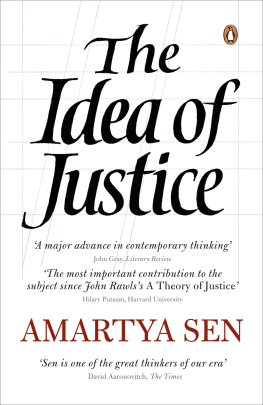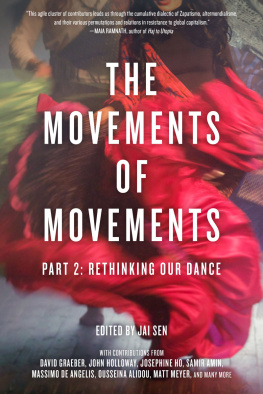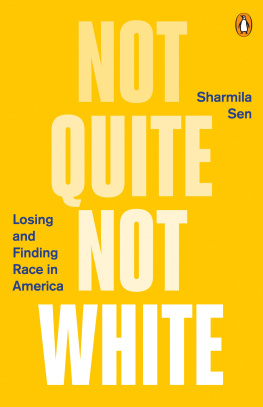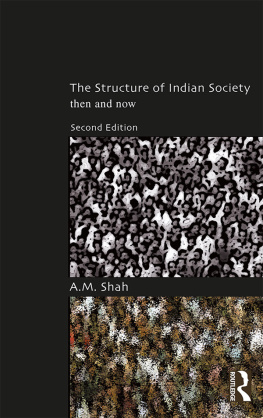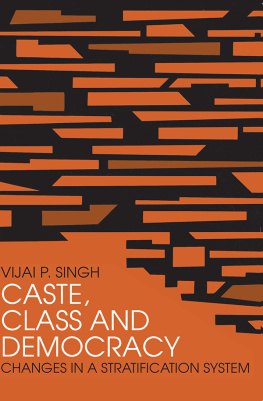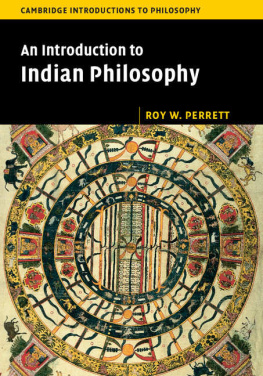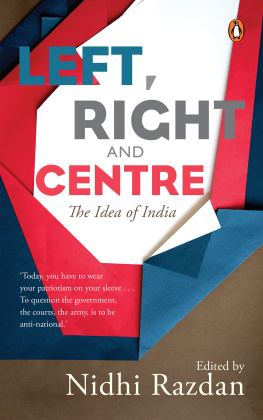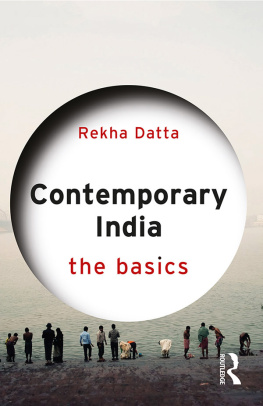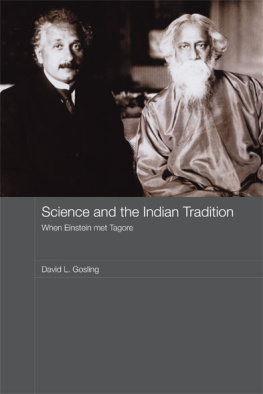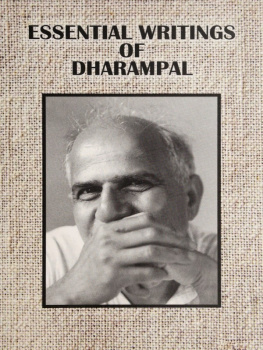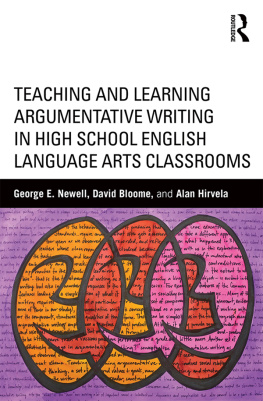PENGUIN BOOKS
THE ARGUMENTATIVE INDIAN
A kaleidoscope of subjects and ideas Amartya Sens vision for a pluralistic and secular India, which comes out so vividly in this book, deserves wholehearted respect and endorsement. He writes with gentle and persuasive skill and with intellectual rigour, encompassing history, sociology, culture and economics
Pavan K . Varma, Independent
A cosmopolitan view of Indias cultural and political history stimulating elegantly synthesized
Pankaj Mishra, Guardian
Of the stream of eloquent Indians who have enlivened modern intellectual life in arenas such as history and economics, Amartya Sen is perhaps the most versatile and most determinedly argumentative a distinguished inheritor of the tradition of public philosophy and reasoning Roy, Tagore, Gandhi, Nehru
Sunil Khilnani, Financial Times
This is how history should be written, not as a dry narrative about dead kings or a hysterical diatribe pushing a certain agenda, but as an account of ideas and arguments that have been passed on from hand to hand for years and that remain relevant even today. Its a strange reflection, but India might have found its most accessible, most intellectually stimulating historian in the person of a Nobel Prize-winning economist
Nilanjana S . Roy, Business Standard
Sen has explored his theme in the Indian context with the dexterity and doggedness of a Sherlock Holmes. And, as in all good detective stories, it is the measured delineation of the plot that grabs you more than the resolution of the mystery the celebrated economist has offered a journey through Indias cultural and social heterodoxy which challenges the readers understanding and observation at every step
Sahara Time
Sen is a probing reader of Indias past not just because of the depth of his knowledge but because of his appreciation of the rules of a good argument this collection of beautiful essays, at ease with Indias many-sided past and its historical role as the confluence of many world religions and cultures, is for the seeking reader an introduction as good as any to matters Indological
Chandrahas Choudhury, Scotland on Sunday
Essential reading for anybody who hopes to understand India
Business Today
ABOUT THE AUTHOR
Amartya Sen is Lamont University Professor at Harvard. He won the Nobel Prize in Economics in 1998 and was Master of Trinity College, Cambridge, 19982004. His most recent books are Development as Freedom and Rationality and Freedom. His books have been translated into more than thirty languages.
AMARTYA SEN
The Argumentative Indian
Writings on Indian History,
Culture and Identity

PENGUIN BOOKS
PENGUIN BOOKS
Published by the Penguin Group
Penguin Books Ltd, 80 Strand, London WC2R 0RL , England
Penguin Group (USA), Inc., 375 Hudson Street, New York, New York 10014, USA
Penguin Group (Canada), 90 Eglinton Avenue East, Suite 700, Toronto, Ontario, Canada M4P 2Y3 (a division of Pearson Penguin Canada Inc.)
Penguin Ireland, 25 St Stephens Green, Dublin 2, Ireland (a division of Penguin Books Ltd)
Penguin Group (Australia), 250 Camberwell Road, Camberwell, Victoria 3124, Australia (a division of Pearson Australia Group Pty Ltd)
Penguin Books India Pvt Ltd, 11 Community Centre, Panchsheel Park, New Delhi 110 017, India
Penguin Group (NZ), cnr Airborne and Rosedale Roads, Albany, Auckland 1310, New Zealand (a division of Pearson New Zealand Ltd)
Penguin Books (South Africa) (Pty) Ltd, 24 Sturdee Avenue, Rosebank, Johannesburg 2196, South Africa
Penguin Books Ltd, Registered Offices: 80 Strand, London WC2R 0RL , England
www.penguin.com
First published by Allen Lane 2005
Published in Penguin Books 2006
Copyright Amartya Sen, 2005
All rights reserved
The moral right of the author has been asserted
The publishers are grateful for permission to reproduce the following illustrations: Tagore and Gandhi at Santiniketan, Akg-Images; Xuanzang [Hiuan-tsang] returning to China with Sanskrit manuscripts from India in 645 AD, Fujita Museum of Art, Osaka; Arjuna hits the target British Library, London.
Earlier versions of some of the essays in this book have appeared in the following publications: New York Review of Books, Essays 5, 8, 13; as Our Culture, Their Culture (Calcutta: Nandan, 1996), Essay 6 (abridged earlier version); New Republic, Essay 6 (abridged earlier version, 12; Daedalus, Essay 7; Financial Times, Essay 9; Kaushik Basu and Sanjay Subrahmanyam, eds, Unravelling the Nation: Sectarian Conflict and Indias Secular Identity (Delhi: Penguin, 1996), Essay 14; Little Magazine, Essay 15.
Except in the United States of America, this book is sold subject to the condition that it shall not, by way of trade or otherwise, be lent, re-sold, hired out, or otherwise circulated without the publishers prior consent in any form of binding or cover other than that in which it is published and without a similar condition including this condition being imposed on the subsequent purchaser
ISBN: 978-0-14-196479-9
To my sister, Supurna Datta
Preface
These essays on India were written over the last decade about half of them over the last couple of years. The first four, which make up the first part of the collection, introduce and explain the principal themes pursued in this book, related to Indias long argumentative tradition.
India is an immensely diverse country with many distinct pursuits, vastly disparate convictions, widely divergent customs and a veritable feast of viewpoints. Any attempt to talk about the culture of the country, or about its past history or contemporary politics, must inescapably involve considerable selection. I need not, therefore, labour the point that the focus on the argumentative tradition in this work is also a result of choice. It does not reflect a belief that this is the only reasonable way of thinking about the history or culture or politics of India. I am very aware that there are other ways of proceeding.
The selection of focus here is mainly for three distinct reasons: the long history of the argumentative tradition in India, its contemporary relevance, and its relative neglect in ongoing cultural discussions. It can in addition be claimed that the simultaneous flourishing of many different convictions and viewpoints in India has drawn substantially on the acceptance explicitly or by implication of heterodoxy and dialogue. The reach of Indian heterodoxy is remarkably extensive and ubiquitous.
Consider the politically charged issue of the role of so-called ancient India in understanding the India of today. In contemporary politics, the enthusiasm for ancient India has often come from the Hindutva movement the promoters of a narrowly Hindu view of Indian civilization who have tried to separate out the period preceding the Muslim conquest of India (from the third millennium BCE to the beginning of the second millennium CE ). In contrast, those who take an integrationist approach to contemporary India have tended to view the harking back to ancient India with the greatest of suspicion. For example, the Hindutva activists like invoking the holy Vedas, composed in the second millennium BCE , to define Indias real heritage. They are also keen on summoning the Rmyaa, the great epic, for many different purposes, from delineating Hindu beliefs and convictions to finding alleged justification for the forcible demolition of a mosque the Babri masjid that is situated at the very spot where the divine Rama, it is claimed, was born. The integrationists, by contrast, have tended to see the Vedas and the
Next page


